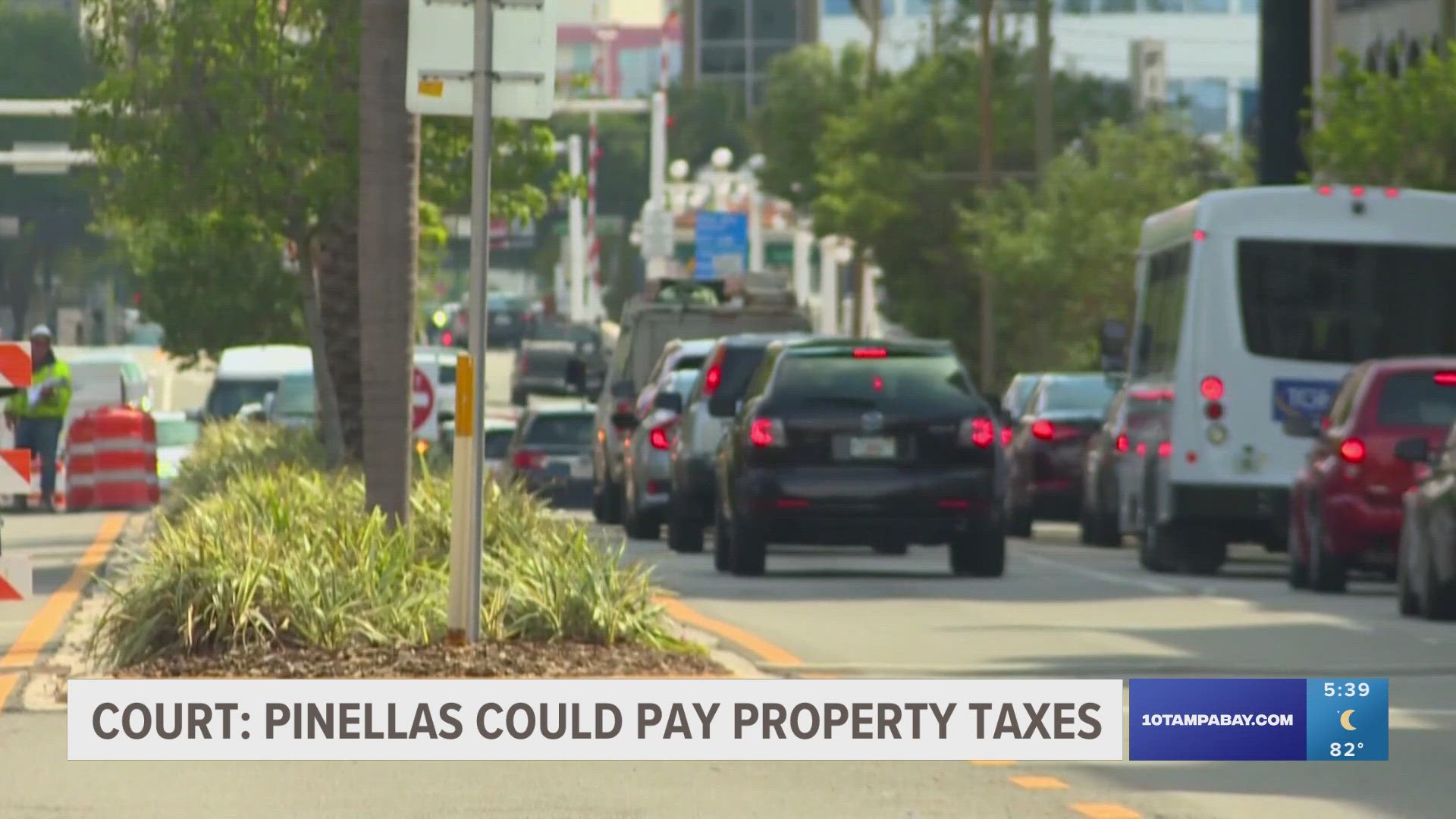PINELLAS COUNTY, Fla. — A divided Florida Supreme Court on Thursday ruled that Pinellas County can be required to pay taxes on land it owns in neighboring Pasco County, rejecting arguments that counties are immune from property taxes outside their borders.
Justices, in a 4-2 opinion, upheld a 2019 decision by the 2nd District Court of Appeal that said Pinellas County could be taxed on 12,400 acres it owns in Pasco County.
Counties cannot be required to pay property taxes on land within their borders, but the Supreme Court majority said Pinellas County “has not identified any (legal) authority recognizing an immunity from taxation of the county’s property located beyond its territorial boundaries.”
“According to Pinellas County, Florida’s counties enjoy the same sovereign immunity from taxation as the state — a privilege that extends to county-owned land located anywhere in Florida. We disagree,” said the opinion, written by Justice Jamie Grosshans and joined by Justices Jorge Labarga, John Couriel and Renatha Francis.
But Chief Justice Carlos Muniz, in a dissent joined by Justice Charles Canady, said there are “implicit exclusions to generally worded laws authorizing taxation by counties. Such exclusions extend to property owned by one county but located in another.”
“Under the applicable common law rule, all county-owned property is presumptively immune from taxation, unless and until the Legislature expressly gives local government entities the authority to tax such property,” Muniz wrote.
But Grosshans disagreed with such arguments in the 22-page majority opinion.
“Since neither history, nor our precedent, support Pinellas County’s position, we decline to hold that common-law principles of sovereign immunity protect county-owned property from ad valorem taxation when that property is located outside the county’s jurisdictional boundaries,” she wrote.
A brief filed in 2022 by attorneys for the Pasco County property appraiser said Pinellas County purchased the property decades ago “during the height of the water wars when there was competition for local water services among Pinellas, Hillsborough and Pasco counties. The property previously had been used for cattle ranching and orange groves.”
Pinellas County attorneys wrote in a brief that the Pasco County property appraiser in 1996 notified Pinellas that the land was immune from property taxes. The brief said Pinellas until 2014 paid what are described as “contributions in lieu of taxation” to Pasco that equaled what would have been paid in property taxes.
But in 2014, the inspector general for the Pinellas County clerk and comptroller questioned the continued payments. Pinellas County filed a lawsuit in 2015 seeking an order declaring that the property was immune from property taxes for the 2014 tax year and into the future.
A circuit judge sided with Pinellas County, but that decision was overturned by the appeals court. Pinellas County then went to the Supreme Court.
The brief filed on behalf of the Pasco County property appraiser said that during the 2014 to 2016 tax years — the time the legal battle started — the land included well fields and was used for such things as forestry, cattle grazing and hay production.

